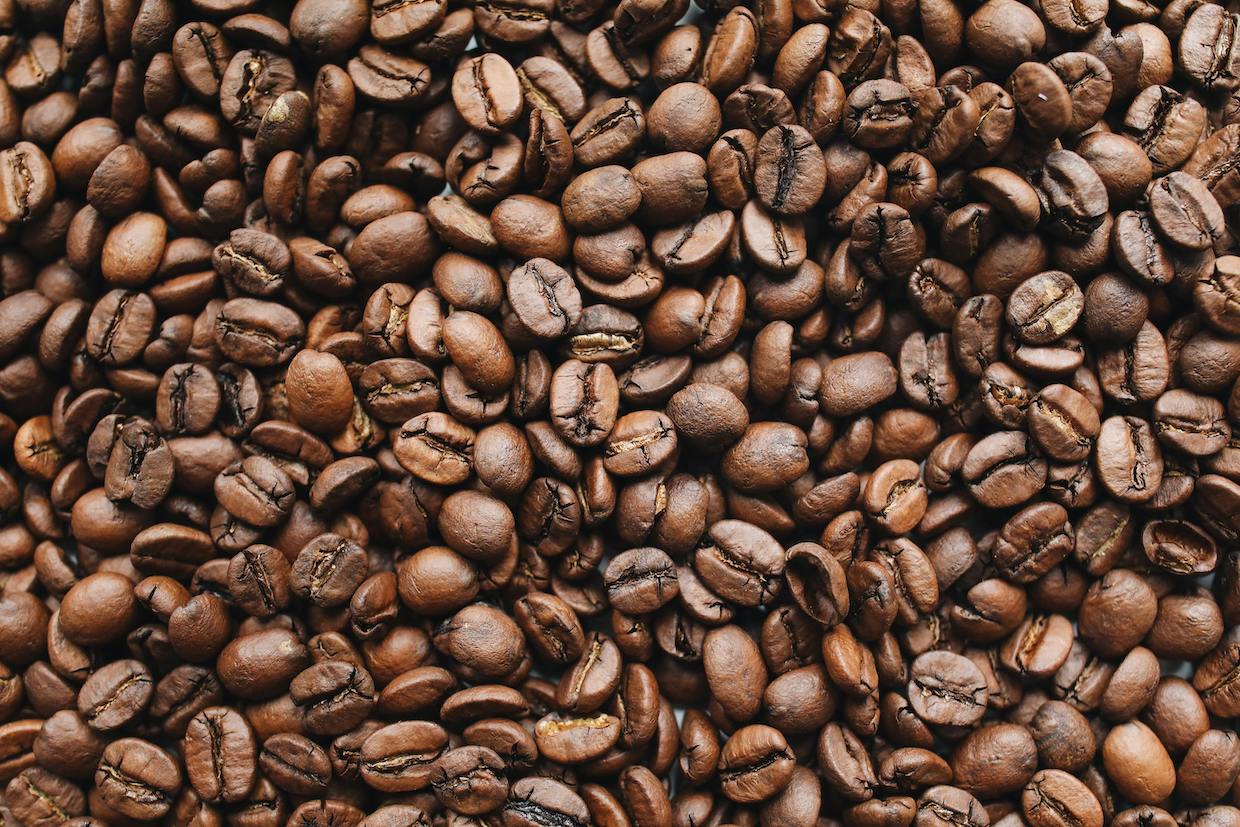Be warned, liars: Researchers in Germany say they have identified a reliable biomarker for coffee consumption that can verify whether or not people have recently drunk coffee.
Typically measured through urine, blood or tissue samples, biomarkers serve as biological indicators of specific bodily conditions or diseases.
While the need for biomarkers of coffee consumption isn’t necessarily pressing — coffee consumption is generally considered safe or even part of a healthy diet — the slow, deliberate march of science carries on.
A research team led by the Leibniz Institute for Food Systems Biology at the Technical University of Munich in Germany suggest biomarkers have the potential to objectively measure coffee consumption, which in academic research currently relies on self-reporting.
Following up on a 2011 pilot study that assessed the potential for different coffee biomarkers, the research team landed on N-methylpyridinium, a compound found in roasted arabica and robusta coffees.
The researchers said the compound does not necessarily indicate the amount of coffee consumption, but it can be used to determine whether or not coffee has been consumed.
“As we have shown, N-methylpyridinium fulfills all the criteria that science demands of a biomarker to control food intake,” primary study author Roman Lang of the Leibniz Institute said. “Even if we cannot draw direct conclusions about the amount of coffee consumed due to various factors, the roasting substance is still suitable as a marker. This is because it allows us to distinguish objectively and practically between people who have drunk coffee and those who have not. We therefore propose it as a reliable qualitative biomarker for coffee consumption.”
Find the complete study here.
Comments? Questions? News to share? Contact DCN’s editors here.








Comment